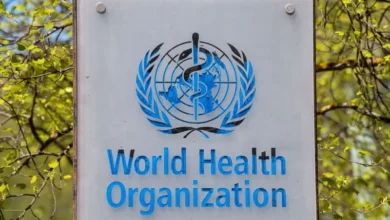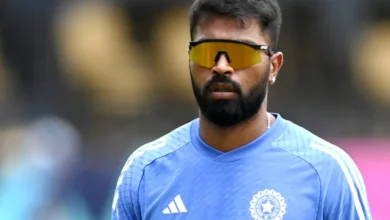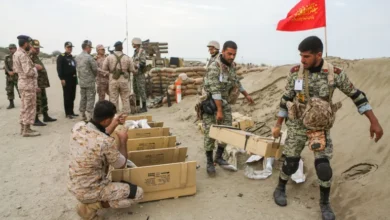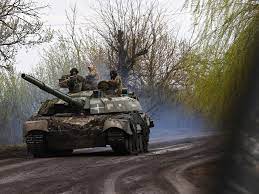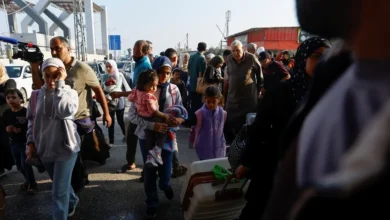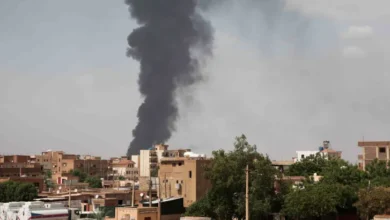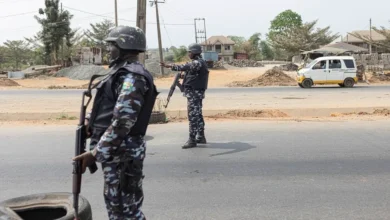Sudan’s warring sides agree to new 72-hour ceasefire
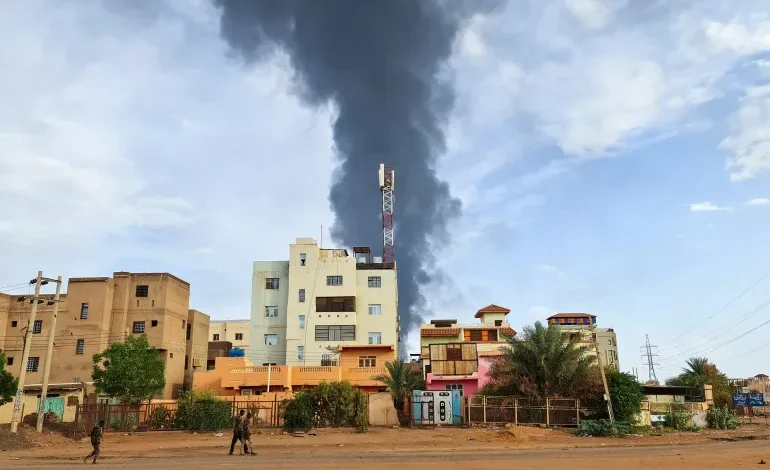
Sudan’s armed forces and the paramilitary Rapid Support Forces (RSF) have agreed to a new 72-hour ceasefire from Sunday, US and Saudi mediators have said.
The nationwide truce goes into effect at 6am (04:00 GMT) and will last until June 21, according to a joint statement, as clashes intensified in the capital, Khartoum.“The Kingdom of Saudi Arabia and United States of America announce the agreement of representatives of the Sudanese Armed Forces and the Rapid Support Forces on a ceasefire throughout Sudan for a period of 72 hours,” the statement said on Saturday.The US and Saudi Arabia have been mediating between the warring parties for weeks, and multiple ceasefire agreements failed to stop the fighting, which has only escalated across Sudan.
The statement said that both the military and the RSF agreed to stop fighting and “refrain from seeking military advantage during the ceasefire,” and also would “allow the unimpeded movement and delivery of humanitarian assistance throughout the country”.The statement noted that “should the parties fail to observe the 72-hour ceasefire, facilitators will be compelled to consider adjourning the Jeddah talks”, referring to the discussions in the Saudi Arabian port city.The announced truce comes ahead of a pledging conference on Monday to raise funds for the growing humanitarian needs in the country.
A record 25 million people – more than half the population – are in need of aid and protection, according to the United Nations, which said it has received only a fraction of the necessary funding.
Earlier on Saturday, an air attack in Khartoum killed at least 17 people, including five children, as fighting continued between rival generals seeking to control Sudan.
The attack was one of the deadliest of the clashes in urban areas of Khartoum and elsewhere in Sudan between the military and the RSF.
The bombing hit the Yarmouk neighbourhood in southern Khartoum, where clashes have centred in recent weeks, according to Sudan’s health ministry. The area houses a military facility controlled by the army.
A number of civilian casualties were taken to the Bashair Hospital, the ministry said in a Facebook post, and at least 25 houses were destroyed.
The dead included five children and an unknown number of women and elderly people, the ministry added, referring to the Yarmouk attack as a “massacre”.
It was not clear whether the attack was by aircraft or a drone. The military’s aircraft have repeatedly targeted RSF troops, while the paramilitary force has reportedly used drones and anti-aircraft weapons against army positions.
The conflict in Sudan broke out in mid-April, capping months of increasing tensions between Abdel Fattah al-Burhan and his former deputy Mohamed Hamdan Daglo, the respective leaders of the military and the RSF, after the two fell out in a power struggle.
A local group that calls itself The Emergency Room and helps organise humanitarian aid in the area, said at least 11 people were wounded in the raid. It posted images it said were of houses damaged in the attack and people searching through rubble. Other images claimed to show a wounded girl and man.
In a statement, the RSF alleged the military’s aircraft bombed the area, killing and wounded civilians. It also claimed it downed a military MiG fighter jet, but that could not be independently verified.
A military spokesman did not respond to messages seeking comment.
In a video published on Friday on the army’s Facebook page, deputy army chief Yasser Atta warned civilians to keep away from houses where the RSF are located because the military “will attack them at any time”.Worsening fighting
The conflict has plunged the country into chaos and turned Khartoum and other urban areas into battlefields. The paramilitary force has occupied people’s houses and other civilian properties since the onset of the fighting, according to residents and activists.
The clashes have killed hundreds of civilians and wounded thousands of others. More than 2.2 million people have fled their homes to safer areas inside Sudan or crossed into neighbouring countries.
Along with Khartoum, fighting has raged in Darfur, a sprawling area in western Sudan. El-Geneina, the provincial capital of West Darfur province, has experienced some of the worst battles in the conflict, with tens of thousands of its residents fleeing to neighbouring Chad.Arab militias have recently joined the clashes in el-Geneina on the side of the RSF, according to residents and activists.
On Wednesday, West Darfur Governor Khamis Abdalla Abkar was abducted and killed hours after he accused the RSF and allied militias in a televised interview of attacking el-Geneina.
His murder has been blamed on the RSF, a charge the paramilitary force has denied.
